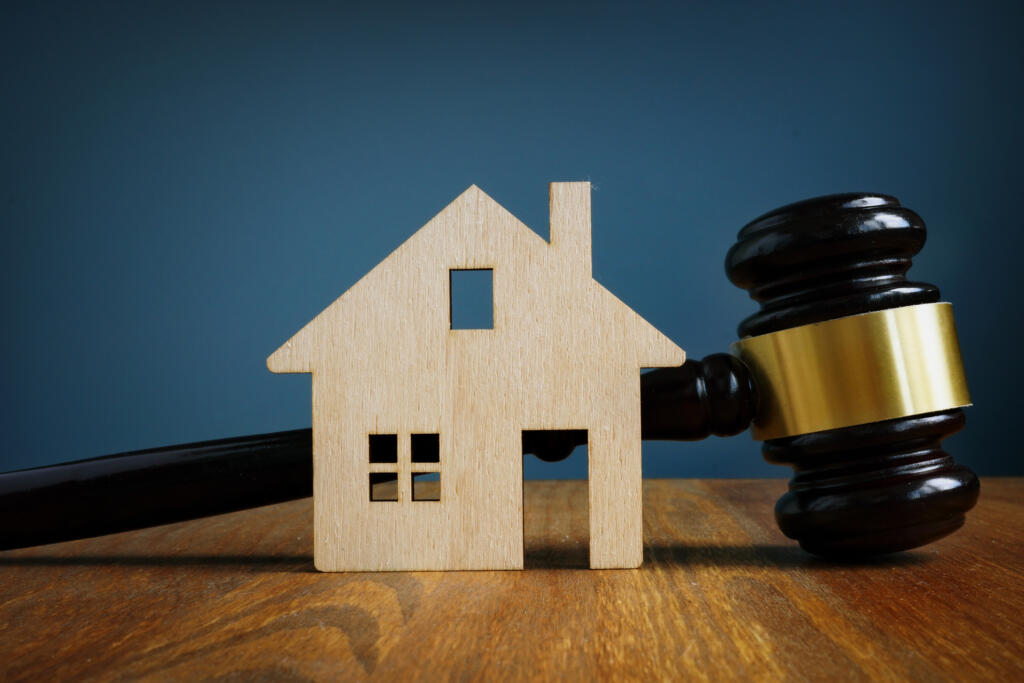
We are now almost two months into the new regime for evictions and possession proceedings with reactivation, review and first hearings now being listed.
In this article, Helen Thomas from our Property Litigation team gives a brief summary of the current procedure for evictions and possession proceedings.
Getting started
The main difference for anyone looking to serve a notice is that the periods have changed. All S21 notices must now be for six months. S8 notices are for six months unless it falls into one of the exceptional cases relating (essentially) to anti-social behaviour, rent arrears of over twelve months, or the death of the tenant.
The lengthy notice period for S21 is causing some landlords to consider using S8 notices that fall into exemption categories. It is worth remembering that although the notice periods maybe shorter there will need to be listings for hearings which will add to delay at that stage of the process.
Once the notice has expired the proceedings are issued in the usual way (note the new accelerated possession form that was published in September, it requires a lot more detail) with the addition of providing any information the landlord has on the impact of the Coronavirus pandemic on the tenant and their dependants.
Reactivation hearings
Notice of these are served by the Court. There is no need to attend as the hearing is purely for the Judge to review the case.
The Claimant does need to prepare properly for this hearing, provide a bundle of documents for the Judge and the Defendant ahead of the hearing and must also ensure they are available during the period when the Judge will consider the matter. If the documents are acceptable the Judge will list the matter for an attended hearing and the Court will provide details as to the procedure for both parties to follow.
It is at this second hearing that the Judge may make a possession order, or adjourn the case with directions depending upon whether a defence has been filed/will be filed or not.
Review hearings
These hearings are listed for those cases issued after 03 August 2020 so do not require reactivation. They will effectively follow the same two stage process of reactivation.
Recovering possession
Once the possession order has been made then if the tenant does not leave in compliance with the order then a bailiff of High Court Enforcement Officer must be instructed to physically recover possession.
Whilst the national lockdown is in place evictions will only take place in very limited circumstances, most routing residential evictions will not be occurring. There will also be a ceasation of evictions from 11 December 2020 to 11 January 2021 and restrictions on those in Tier 2 and Tier 3 areas as a result of a request from the Government to the professional bodies concerned, rather than any legislation requiring such.
The reality is therefore that unless tenants move out, or landlords are able to obtain evictions in the small window between the current lockdown and 11 December (if not Tier 2 or 3) actual possession will not be possible until at least mid-January 2021.
Going forward landlords will wish to be alert as to the risks of restrictions on evictions and ensure that possession orders are acted upon immediately rather than hoping tenants vacate.
